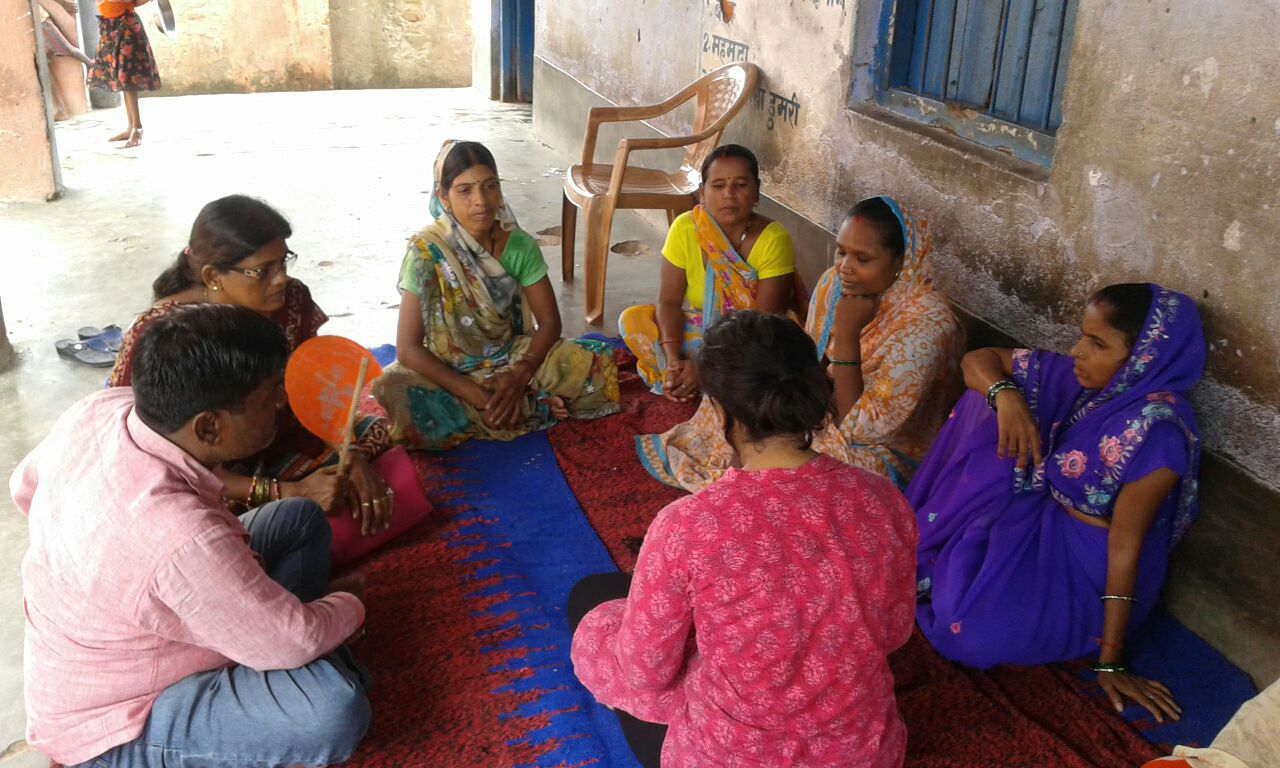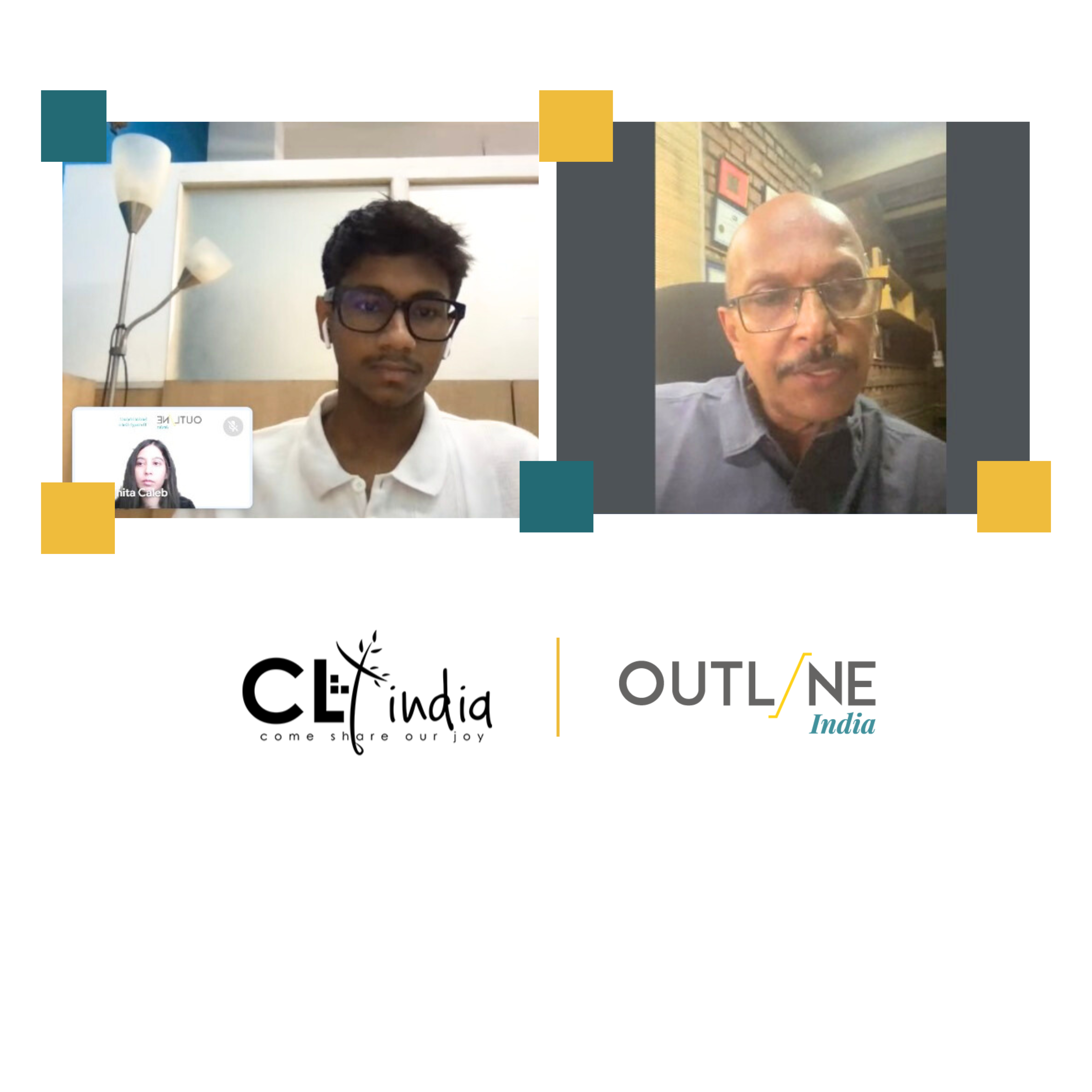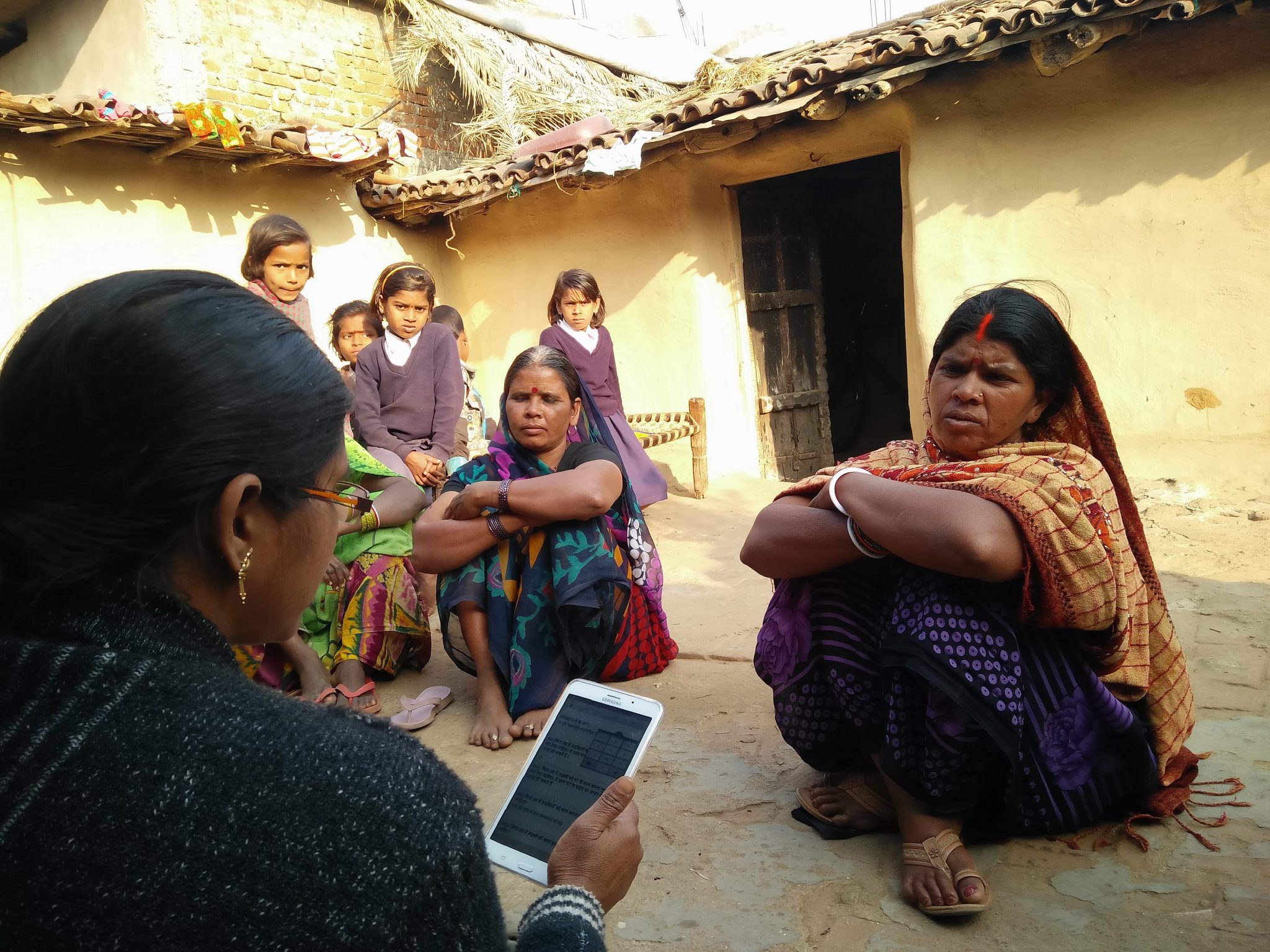Blog Details
Field work is hard. Our typical day on the field starts at 6 a.m., because often, the village we have to visit for data collection is a 2-3 hours’ drive from the town centre where we stay. Rural India is largely an agrarian society with 70 percent of people living in rural areas and half of our workforce still engaged in agriculture (2011-12). This means that we also have to time our field work in a way that we are able to meet the respondents before they leave to work on the fields. Often this entails checking with the local inhabitants the timing of electricity and water supply, and migration and work patterns before making a field plan.
Hence, at the crack of dawn, we bathe with chilled water (because the hospitality game isn’t really aced in small towns which become our temporary command stations), leave without any breakfast, eat some kachoris from the highway and survive the day on glucose biscuits. In spite of all the hype about progress in toilet construction, we often have no access to toilets throughout the day. Some of us carry pee-buddies and sanitizer bottles, as our bodies are not accustomed to that routine. The village is at times several kilometres away from a pukka road with no network connectivity, and well-meaning patriarchs of the community warn our team of largely female researchers to leave in good time, lest we will get stuck.
As a single woman conducting interviews and surveys in remote and rural locations, I have often been questioned about my marital status and reasons thereof. While in our comfort zones of Delhi and Gurgaon, I often take decisions irrespective of my gender, in rural areas however, I am forced to comply with the dominant norms and gender expectations while negotiating risk. Working in rural areas as a woman means to constantly push myself outside my comfort zones, and make certain sartorial and tactical choices in order to gain acceptance and be welcome in the community I am working in, while ensuring my safety.
However, in spite of taking the necessary precautions, we face unexpected challenges on the field. Recently, we were working with a particularly marginalised population of Dalit communities which hadn’t been exposed to any intervention programs. While things went smoothly on the first day of field work, the next day when we went back to the same village, the community members surrounded us and questioned our intentions and credentials. This is because after we left the field, some respondents had told their friends and families that we were asking questions about pregnancy, abortion practices and other ‘dirty’ things such as condoms and emergency pills. In our defence, this was an exploratory study on adolescent sexual health, early pregnancy and health facilities. However, the community members felt that we were there to promote abortions and birth control – which in a context where pregnancy is seen as a marker of one’s fertility and worth, was perceived as an outrageous idea. This was in spite the fact that we had extensively pre-tested the survey tools for context, wordings, order and themes. Since we were dealing with a sensitive and taboo subject of sexual practices, including pre-marital sex and contraceptive use amongst rural populations, it was important to contextualise the tools and incorporate innuendos used in local dialects in lieu of terms such as menstrual cycle, condoms and pre-marital or extra-marital relationships.
However, we were working in remotely located rural areas of Bihar which had reported high incidents of child and organ trafficking in the past. This had made the population suspicious of outsiders and hostile to a group collecting information on sexual health and practices. In that situation, we had two options – abandon field work and exclude that village from our sample, or stay, and assuage the fears of the community, convey our intentions and underline the importance of understanding health needs of a young population. Even though we were overwhelmed by the intense reaction, we chose the second strategy and stayed put. Going forward, we came up with innovative strategies to build trust on the field, before embarking on data collection.Instances such as these underline the importance of ethical data collection, and makes us reflect on our responsibilities as researchers.
At Outline India we believe that good data serves as an act of democratization as well as enfranchisement by lending voice to populations which remain unheard in policy making. In that, good data collection, accompanied by qualitative field work and extensive researcher notes to contextualise the collected data is at the heart of the impact generated by Outline India.
In the past, we have faced a mix of reaction from rural community members. In a lot of cases, people have welcomed us into their homes, offered tea and shared their perceptions and problems. At times, close-ended survey based data collection has spilled over to become long conversations on local and national politics and policies.
What keeps us going are the stories we encounter and the people we meet. Last year when I was in Rajasthan for an endline evaluation of a 3-year program on girl child education, I met a very interesting family. The couple had 9 children – all with an age-gap of a year or two. The eldest daughter had already been married off when she was 16, and had a child of her own. The second eldest daughter however, got exposure to the campaign material circulated by the program under evaluation. Bit by bit, she formed her identity, and was on her way to finishing high school. When we met her, she told us how three years ago her biggest dream was to get married by the age of 15 and bear children, but now, she wants to become a teacher.
During field assignment on sexual and reproductive health exemplified above, I met 14 and 15-year-old mothers, who had been wed at the age of 10 or 12, immediately after onset of puberty and whose husbands migrate to Punjab for 6 – 9 months as agricultural labourers. These women then survive on their own, looking older for their age, and completely unaware of an alternative possibility. I also met School Headmasters and community leaders who blamed the general lack of awareness for this and were devoid of any will to make a change or take an initiative. By conducting that study, and then writing and reporting it, I felt we are breaking the illusions of ‘developed India’, and inflecting the narrative of elite circles with real stories, backed by reliable data. It is the hope that this data will lead to actionable policy and change, is what motivates us.








David Angel Makel
IT ConsultantIt is a long established fact that a reader will be distracted by the readable content page looking at its layout point of using normal